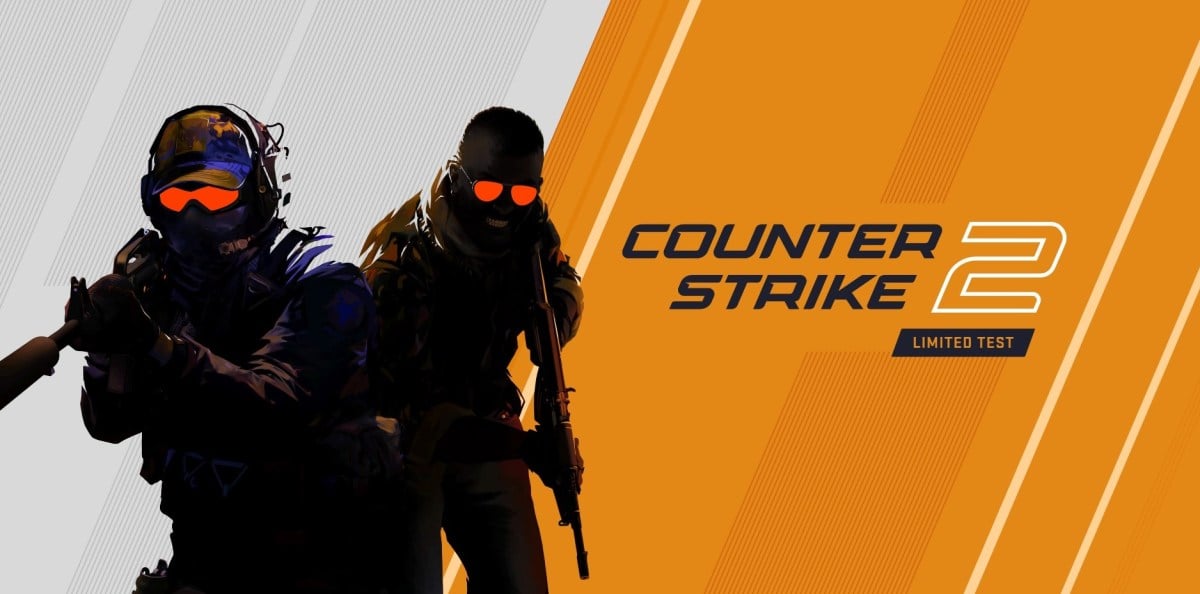Counter-Strike 2 has been graphically and mechanically modified compared to its predecessor CS:GO, and in some ways, it looks like a totally different game. There’s one aspect, though, that has been a part of Valve’s FPS history and apparently isn’t going away: the names of the attacking side (Terrorists) and the defending side (Counter-Terrorists).
As you can hear in f0rest’s clip below, the classic phrase “Terrorists win” is automatically triggered after the legendary player wins the round for his team in CS2.
The Counter-Strike franchise has been using the terms Terrorists and Counter-Terrorists since the first game came out in June 1999 as a Half-Life mod, before Valve acquired the intellectual property and hired the creators Mihn Lee and Jess Cliffe. Valve, however, has kept the terminology after all these years, despite the backlash that comes with it.
The term Terrorists is considered derogatory because it indicates a lack of legitimacy or morality, for example. The definition of Terrorism may vary depending on the culture and political agenda of people, organizations, and countries. What happens in Counter-Strike helps to perpetuate the notion that Terrorists are bad actors.
Valve has enough arguments to change Terrorists vs. Counter-Terrorists to generic terms like Offense vs. Defense, Attackers vs. Defenders, or something along similar lines, so it’s unclear why the company has never changed it after all these years. It’s not like Valve is profiting from using the term Terrorists. In fact, it’s more likely that this pulls investors away from the game and its esports scene because some brands don’t want to sponsor a game featuring a Terrorist team.
SK Gaming, one of the most victorious organizations in the history of Counter-Strike, left CS:GO back in 2018 and never returned because some brands in Europe have a problem with the game, according to its CEO Alex Muller.
“We wanted to try something new for the brand [SK] and is also connected to the new brands we’re working with,” Muller said. “Counter-Strike is a more problematic title than some people think, especially when it comes down to the sponsorship market in Central Europe and Germany. A lot of companies actually have a problem with the game.”
VALORANT, for example, mimics various aspects of CS:GO like utility usage and shooting, but Riot Games uses the terminology Attackers and Defenders and removed other terms that may be attached to Terrorism. In VALORANT, for example, the Attackers don’t plant a bomb/C4 as Terrorists do in CS:GO. Instead, the attacking side plant a Spike, and the game is far less violent in general compared to CS:GO.
It’s unclear if Valve has any plans to move away from the terms Terrorists and Counter-Terrorists, but considering they’re still a part of CS2‘s Limited Test, it’s rather unlikely that the developer will change it for when CS2 releases worldwide this summer.

